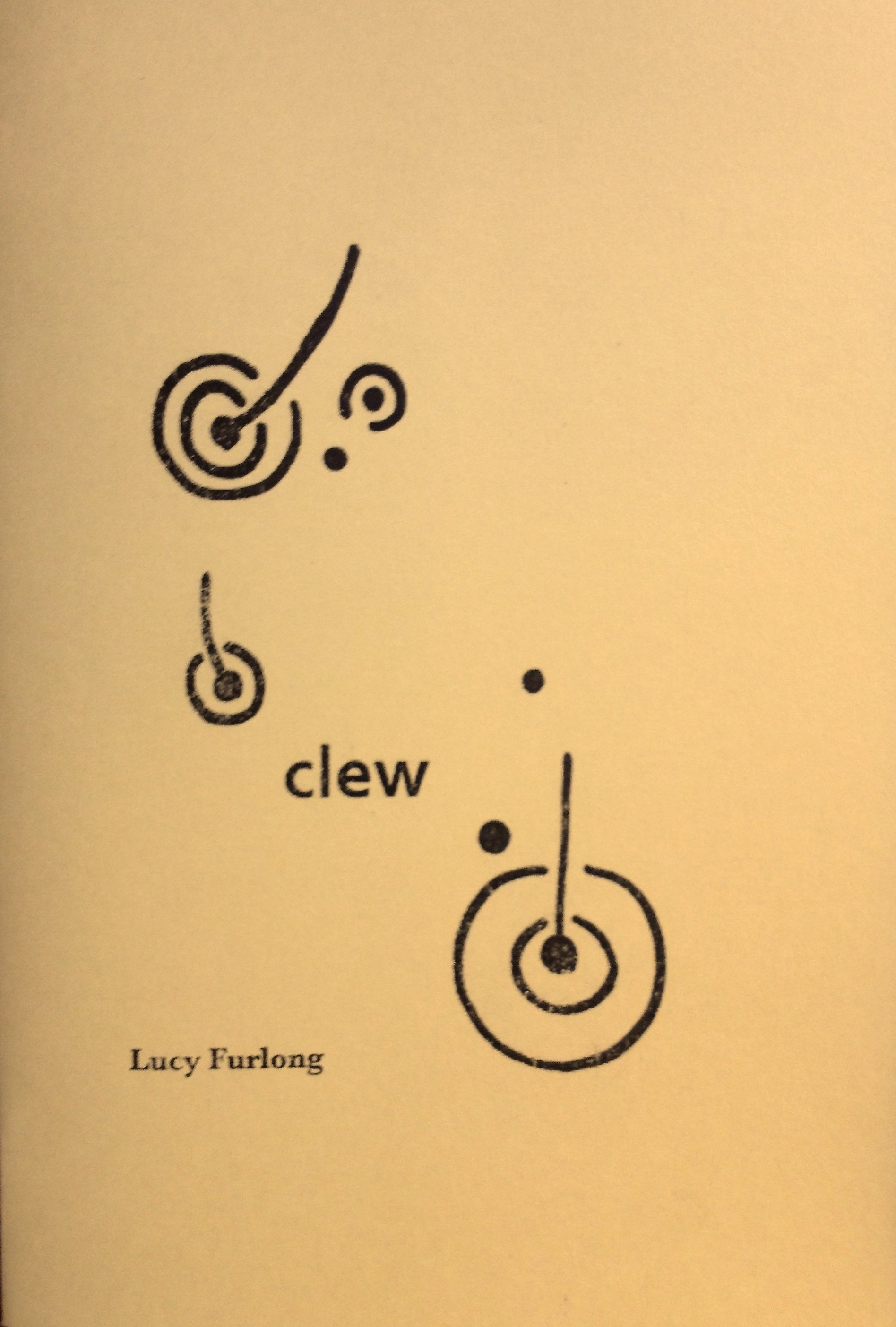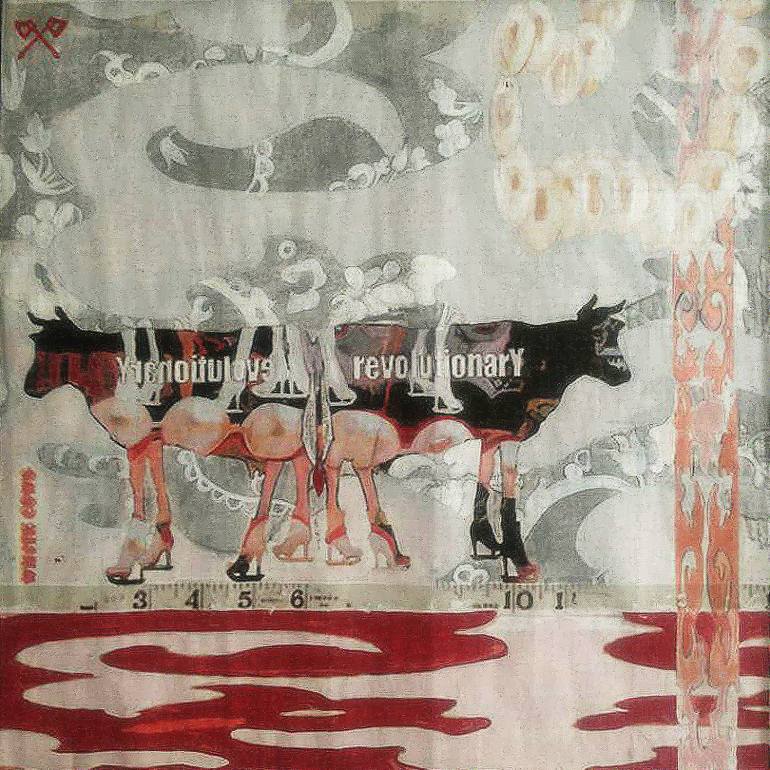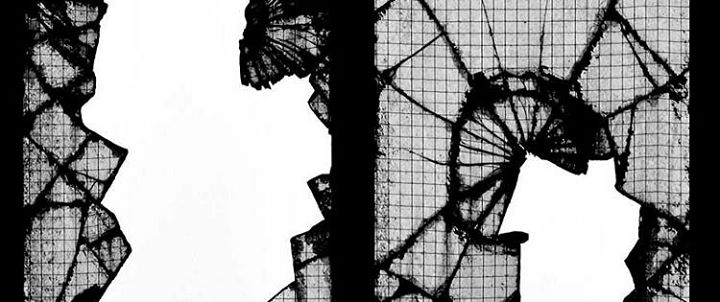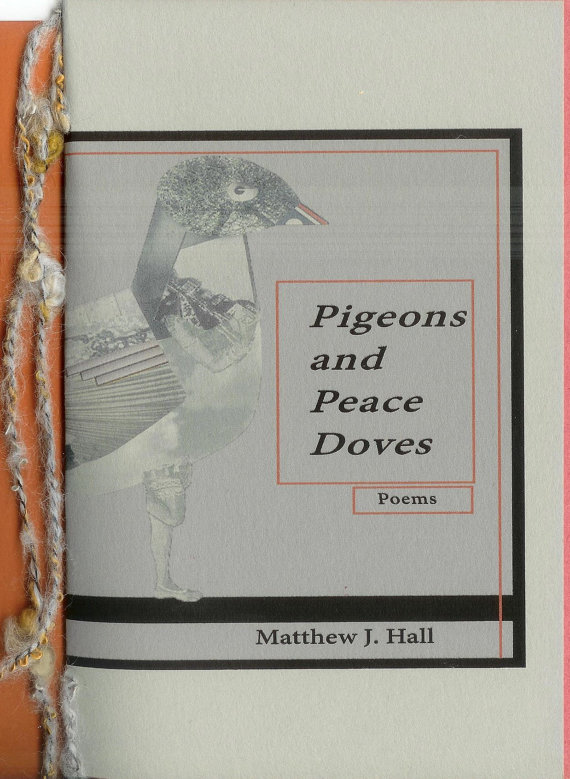Clew by Lucy Furlong
– Reviewed by Grant Tarbard –
Lucy Furlong’s collection Clew is a tremendous chant, a worthy follow up to the acclaimed street-map work of Amniotic City. This slim volume, issue one of an ongoing series by Hesterglock Press, has a clear, clean design, unfussy and effective. Clew relays to the reader her passion, her dedication “for women who will not settle”, bristling at the social inequality which trails behind women writers who have a strong, determined voice in the old-boy network of workshop cliques and society gatherings. Those who feel outside, like so much left baggage, can find solace here, followed by Furlong’s swift justice, like a jab of a compass.
‘Roxanne’ has a smidgen of Grayson Perry’s Julie, wrapped in beauty. She is a trainee tattooist and the “roughest warriorwoman”:
she had the smokiest tarfeather laugh
and determined illuminated fists
’Botch’, almost the anti-‘Roxanne’, dwells in the cosmetic age, Western society’s goal of impure perfection, a ghastly trait, as the changes in one’s face are as necessary as they are interesting.
To preserve oneself, the writer asks that we take a look in all the mirrors then turn them all around, using advertising slogans as weapons against the companies that prey on insecurities about our bodies: more so with women, who are held to a fiercely unrealistic standard. Furlong attacks this with a rapier. ‘The Whirling’ is finely constructed, twirling about the room with the sadness of stitched weddings, and a sense of humour through which the poet breaks out of the clay mask of formulaic verse.
‘Adrienne at the Electric Ballroom’ spies on writer and muse in a concave word association game. Perhaps best left to the notebook, it is nevertheless a fun exercise. The poet has said, in an interview with Jane Davis, “The poetry I write is paradoxical in that some of it is L=A=N=G=U=A=G=E based and process oriented experimental work”. Perhaps it is best read aloud.
Furlong has fierce poetical knowledge and uses it forcibly, such as in the performance poetry piece ‘Jazzy Funt’, in which she invokes Wollstonecraft’s spirit: “what makes you think I’ll submit to that?”, and, delicately as untrod snow, in ‘Perseids I’:
If I had not reached out to you
without initiation there would be no us
neophytes hovering at the threshold
I love ‘Pied a terre’, its metronome beat emanating from the gut, and ‘Tricky D.I.S.C.O’, with its Pussy Riotesque heroine with “sparkled balaclava”, a modern retelling of Persephone, Hades keeping “all the mothers in the underworld”. The poem is shaped to resemble a Grecian urn.
Furlong carries you with a spiky but graceful voice, such as in ’Not Saturnine’s’ swirling galactic meditation: “the planet would spill through the solar system, a tsunami of laughing gas in the face of astrology”. The compulsive drive of language in ’The Cleaning Cupboard’ brims over with the patois of “slow larva”.
Furlong’s sense of cultural injustice is heard in ’Sunday Night (The Squeezed Middle)’: Climb over everyone else (if one has to). On Thatcher’s death, she writes ’Rough Music for Her Passing’:
I will bang my pots and pans
on Ludgate Hill,
by Bridle’s Well,
the day she makes her trip to Hell
Furlong is not afraid to delve into the “wormy mass” in ’Alchemists’, and ’The Pissing Punk Pilgrim of Poetry’ is an ode to Patti Smith, making me fall in love with her music all over again, air filled with love as tangled as Smith’s “shaman hair”. I recommend that you read it while listening to Patti Smith, while drinking absinthe, read it under a harvest moon, read it expecting an open throat. I still hear the echo of Sufi drums, and by no means would I want to shut the din out.
In all, this collection is wholly valuable, with appealing characters who the poet writes with the relish of a silken haired new love. Few will be disappointed.





